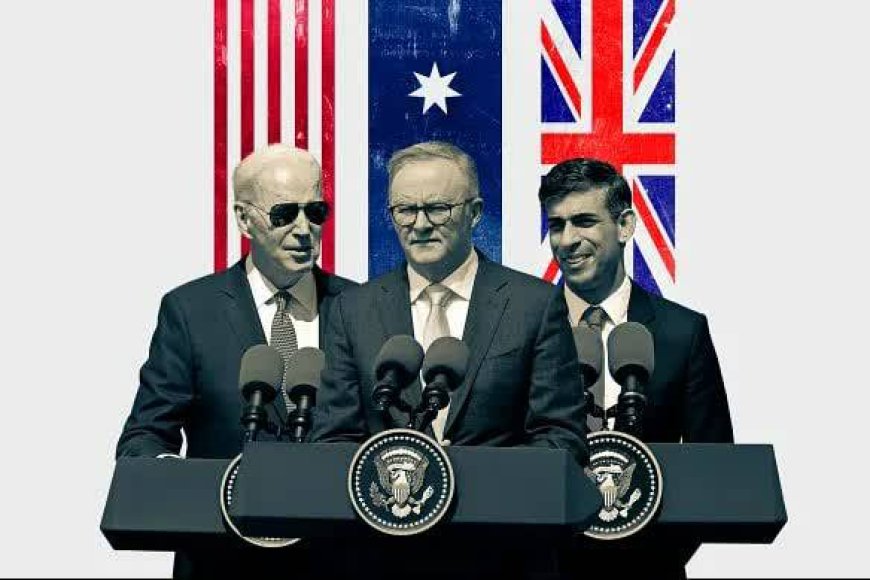AUKUS Cooperation Organization: Assessing Australia's Strategic Alignment with Washington and London in Countering China
AUKUS Cooperation Organization: Assessing Australia's Strategic Alignment with Washington and London in Countering China

Last week, news broke of a large-scale military exercise taking place in Australia, prompting the need for further investigation within academic and scholarly circles. Australia holds immense significance for Western countries as one of their key allies in the Pacific region. Its strategic geography and proximity to international waterways make it a crucial player in global affairs. In recent years, the United States has increasingly focused on the eastern regions of the world, elevating Australia's role in its strategic calculations. To enhance coordination, the AUKUS Cooperation Organisation was established, comprising Australia, the UK, and the United States.
This organization aims to foster close cooperation among these countries, particularly in countering China's military and security actions. Beyond pressuring China, the AUKUS alliance seeks to convey a clear message to Europe, urging them to align their security arrangements with the United States rather than pursuing separate strategies. Australia's role as a country aligned with American interests, coupled with the military and economic support it receives from Western powers, warrants in-depth analysis and investigation within academic circles. The recent military exercise held in Australia, involving the participation of numerous Western-aligned countries, featured a range of war simulations and military countermeasures.
Military experts believe that this exercise serves to strengthen the Western bloc in anticipation of potential conflicts with China, particularly following Beijing's actions towards Taiwan. Australia has consistently supported the United States and the UK in various conflicts worldwide. Despite its geographical distance, Australia actively participated in World War I, World War II, the Korean War, the Vietnam War, the Persian Gulf War, and subsequent military occupations in Afghanistan and Iraq. The question arises as to why a country situated in the middle of the Pacific Ocean, far from Europe and West Asia, engages in battles in these regions. The answer lies in Australia's relatively young and distinct national identity, which was shaped through its involvement in 20th-century conflicts. By aligning with the dominant international power, Australia seeks to establish and affirm its identity on the global stage.
Australia perceives itself as a remote and isolated country with limited historical legacy. To compensate for this perceived deficiency, Australia actively participates in pivotal conflicts, effectively serving as a military base to safeguard the maritime supremacy of the English-speaking world. These circumstances, coupled with shifts in the international order, have compelled Australia to assume the role of a regional enforcer in the Pacific. Due to its historical background and the military and security privileges bestowed upon it by the West, Australia finds it challenging to act independently and often aligns with the interests of Western powers. It is crucial to consider the United States' strategy of employing proxy forces to bolster countries aligned with its interests and engage in conflicts against adversaries. In this context, Australia potentially becomes the third victim of U.S. proxy wars, following Ukraine and Taiwan.
It is evident that in future conflicts, victims of the West will be inexorably drawn into the conflict, leaving them with no choice but to fight and suffer the consequences. The United States recognizes that intermittent wars in various regions of the world are necessary to maintain its established order. Similarly, countries on the Eastern front are well aware that war represents the final stage in altering the existing order. Consequently, they employ diverse policies such as blockades, economic sanctions, and coup d'états to mitigate the risk of a third world war. The behavior of China and Taiwan serves as an exemplary case for examining the countermeasures undertaken by the Eastern and Western fronts.













































